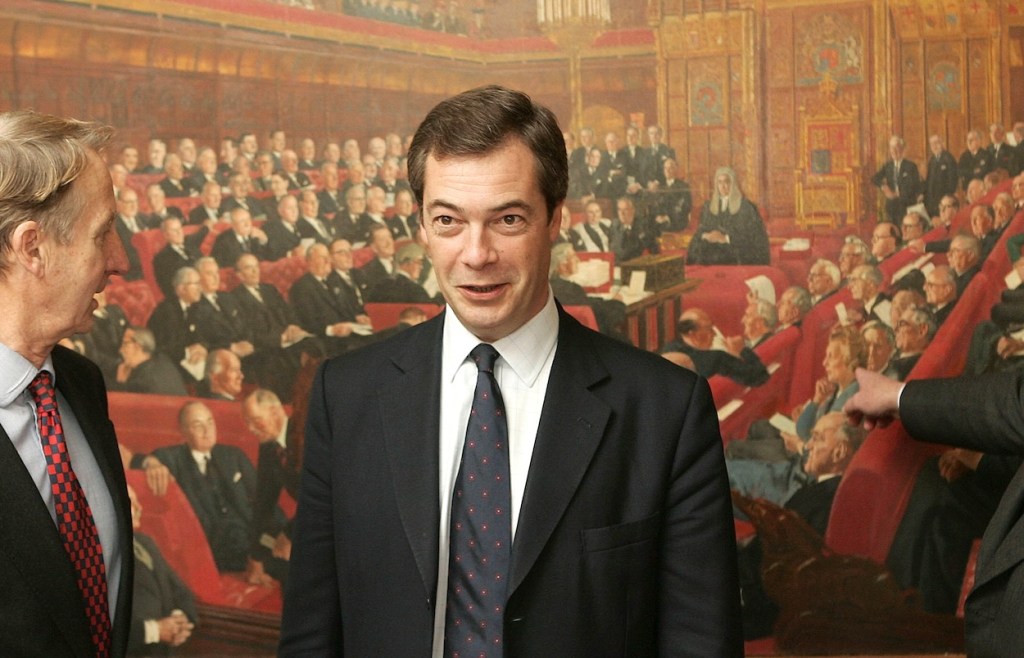It was 21° celsius in London on Sunday so it was curious to see Everton’s Idrissa Gueye wearing tights underneath his shorts as his team lost at Arsenal on the last day of the Premier League season.
Tights appear to be a relatively new look for the 34-year-old Gueye, who started the early part of his career as a footballer in France. When he played for Senegal in the 2022 World Cup he wasn’t wearing tights, and nor did he when he played for Paris Saint-Germain (PSG) in the years before that tournament – not even during the notoriously raw Parisian winters. Perhaps it is age related. They say you feel the cold more the older you get. Decreased circulation, apparently.
Tights appear to be a relatively new look for Idrissa Gueye
Gueye, who has won over 100 international caps, is a role model in his native Senegal and in 2021 was appointed a Grand Officer of the National Order of the Lion by president Macky Sall. The following year, Gueye organised a charity dinner and auction to raise money for African children affected by cancer and Aids.
He is a principled man, and a devout one, who has made the Hajj pilgrimage to Mecca. His faith has, however, come into conflict with Western mores during his professional career.
While at PSG in 2022, Gueye missed a match for what his club described as ‘personal reasons’. It later emerged he had refused to wear a shirt that was adorned with the rainbow symbol in support of LGBTQ+ rights. The previous season, Gueye had been absent with a stomach bug for a game in which LGBTQ+ rights were being promoted.
Gueye’s stance won him the respect of some of his Senegalese peers in the Premier League, with Crystal Palace’s Cheikhou Kouyate and Watford’s Ismaila Sarr posting messages of support on social media. President Macky Sall, also backed Gueye, stating that ‘his religious convictions must be respected’. Homosexuality is illegal in Senegal and punishable by a heavy fine and a prison sentence of between one and five years.
French football’s championing of LGBTQ+ rights has continued; last year, Nantes’s Egyptian player Mostafa Mohamed declined to participate and was fined. Mohamed was a notable absentee last weekend when players were obliged to wear a badge with the word ‘homophobia’ struck through. Monaco midfielder Mohamed Camara did play, but he taped over the badge. The Malian also excused himself from the pre-match group photo where the players held a banner with the same declaration.
France’s sports minister Amélie Oudéa-Castéra described Camara’s actions as ‘unacceptable’ and has demanded ‘firm sanctions’ against him and his club. Aurore Bergé, the French minister of equality, echoed that view and declared that: ‘Homophobia is not an opinion, it’s a crime. And homophobia kills. There must be strict punishment for Mohamed Camara.’
Wouldn’t a sanction be contrary to France’s guiding principles of ‘liberty, fraternity and equality’? As the Senegalese president said at the time of the Gueye controversy, shouldn’t a player’s religious convictions be respected?
Surely the simplest solution would be to make the wearing of LGBTQ+ paraphernalia voluntary. But sports federations dare not do that because they are afraid of how many players would opt out. In 2022, seven rugby league players from the Manly club in Australia, all Polynesian Christians, refused to wear a Gay Pride jersey for a match.
The whole sorry saga illustrates the lack of joined up thinking among much of the west’s progressive elite, who on the one hand celebrate diversity without understanding that those from other cultures and countries might not share their world view.
Resistance to the homophobia campaign hasn’t been the only challenge to the authority of the French football federation in recent seasons. They have prohibited the wearing of headscarves during matches, a ban that was upheld last year after a legal challenge. Criticism of the French Football Federation’s (FFF) decision was aired in the New York Times and the BBC; these outlets don’t appear quite so supportive of players who choose not to wear LGBTQ+ symbols.
The FFF refuses to permit matches to be paused during Ramadan in order that Muslim players who are fasting can drink fluids. ‘There is a time for everything: a time to play sports and a time to practise one’s religion.’ said Eric Borghini, president of the FFF’s federal referees’ commission, in 2023.
English football has a different view. In 2023, some matches in the Premier League and the Championship were briefly paused so that Muslim players could take a drink. This season, the FFF released a communique reminding players and officials that the wearing of tights is not allowed. This led to the inevitable cries of discrimination. But the French government has been aware for a number of years that amateur sports clubs are a favourite haunt of radicals who encourage impressionable youngsters to challenge the Republic’s secularism and carve out a distinct Islamic identity for themselves.
Six years ago, I wrote about the emergence of inner-city Muslim-majority football clubs, where growing numbers of male players wore tights under their shorts to preserve their modesty. The Koran and the Bible condemn homosexuality but they say nothing about it being a sin to wear shorts on a football field. Tights do not belong on the football pitch, and nor do LGBTQ+ symbols. They are performative and provocative. Football is about scoring goals not signalling virtue.








Comments